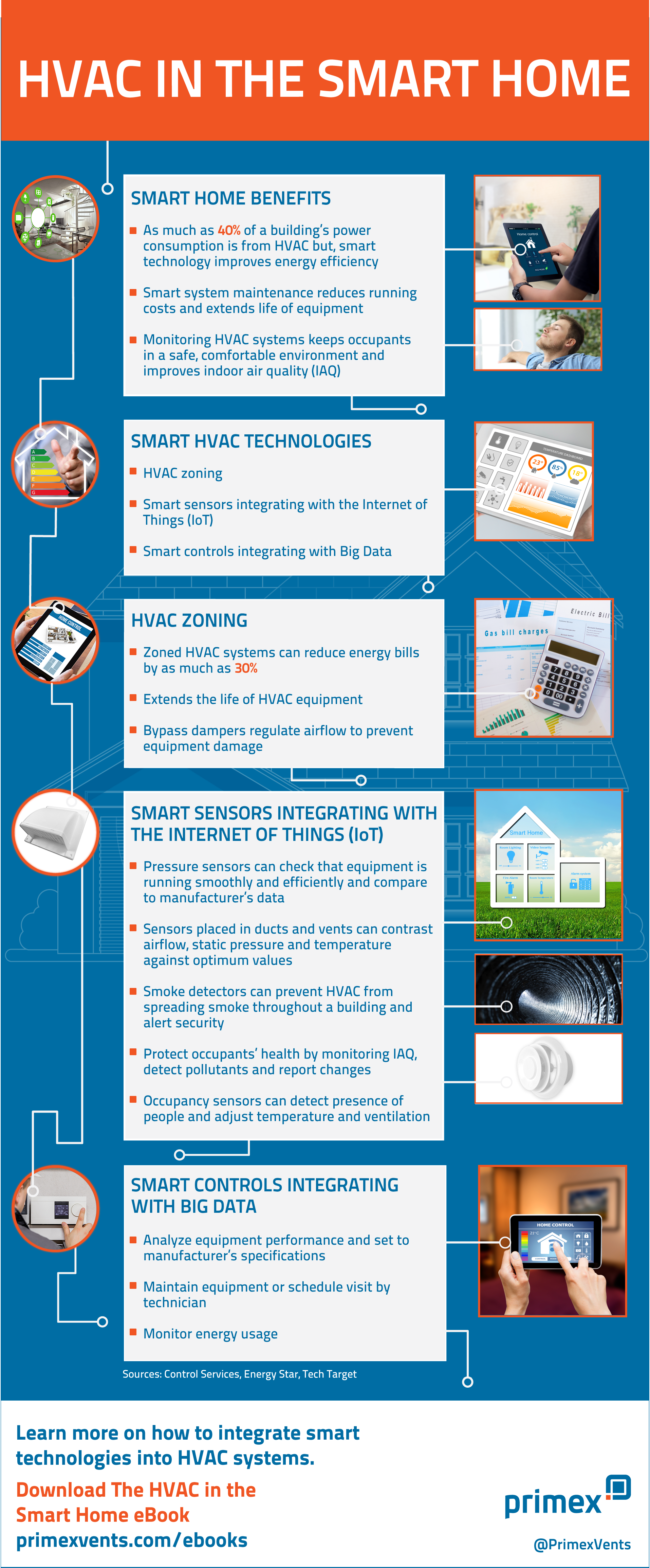Heatpump Vs Furnace - Which Is The Better Home Heating Option For Your Home?
Heatpump Vs Furnace - Which Is The Better Home Heating Option For Your Home?
Blog Article
Write-Up Produced By-Rosenthal Niebuhr
Many property owners are familiar with heaters, which warm homes with oil or gas and push hot air through ductwork. They are relatively cost-effective and can offer reputable heating even throughout a winter power interruption.
Nonetheless, they use fossil fuels and generate carbon monoxide and other air contamination. They likewise aren't as energy-efficient as a high-efficiency heatpump.
Cost
Usually, heatpump are much more affordable to operate than heaters. They usually utilize power and cooling agent to remove warmth from exterior air, and then move it into your home. You can take advantage of less costly electricity rates throughout off-peak hours to additionally lower your heating prices.
Unlike heat pumps, gas or wood-burning heating systems make use of burning to create warm, sending out flue gases right into the environment that can be hazardous to your health. Suggested Site are likewise less energy-efficient than heatpump, and their higher operating expense can accumulate with time.
Heating systems are much more challenging than heat pumps and require regular upkeep to ensure the proper function of all parts. In spite of this, they have a tendency to last longer than heatpump with a common life-span of twenty years or more. Nonetheless, you'll require to consider the expense of gas, gas oil or wood and the added tools needed for installment and operation such as air ducts and ventilation systems.
Energy Effectiveness
Heatpump have a greater energy performance ranking than heating systems. These systems make use of electrical power to feed on heat from the air, even in freezing temperatures. They can additionally get rid of excess warmth from the home throughout warmer months and recycle it to cool down the system. Service provider specialists can assist you establish the best design for your home on environment and source energy expenses.
Furnaces shed fuel oil, lp, natural gas or other kinds of nonrenewable fuel source to warm the air in the home. This air is after that spread through ductwork using a big fan. Furnaces generate greenhouse gases and need normal maintenance and devices upgrades to guarantee risk-free procedure.
The largest benefit of a heater is that it can be operated also in extreme wintertime conditions due to the fact that it does not rely upon outside temperatures to heat the air. Heaters likewise have a longer life expectancy than heatpump and commonly last 15 years. They can likewise be paired with double fuel options, which choose one of the most efficient heating alternative based on the weather condition.
Environment
Heatpump work well in moderate environments and utilize much less resource power than heaters. However, if your region is extremely cool, you may require to buy a typical gas furnace instead.
Furnaces supply cozy, comfy warm and commonly provide rapid home heating to raise indoor temperature levels. These systems can be made use of with a variety of gas types, consisting of gas, propane, oil or power.
They eat extra power than heat pumps-- approximately 3x as much-- and require ductwork that's costly to set up or retrofit. They're also extra costly to preserve, as they can cause air high quality concerns and generate greenhouse gas discharges.
If you're dedicated to minimizing your carbon impact, a heatpump is a great selection for your home. They have less greenhouse gas discharges than furnaces, specifically if you pick an ENERGY STAR ® heat pump. Your regional Provider specialist can discuss the differences in between these two heating systems and assist you make the best choice for your distinct needs.
Personal Preferences
Heaters can be really power effective when powered by gas, lp or oil, but they aren't as energy efficient as heatpump in frigid environments. They can also be more costly to mount, requiring gas lines and ventilation systems.
Nonetheless, furnaces have a tendency to need less maintenance, which can cause lower ongoing expenses. They produce less greenhouse gases and are much more trusted than heat pumps during severe weather.
Electric heatpump are extra flexible in creating interior comfort because they can likewise act as a/c unit throughout warmer months. They can be easier to keep, needing just normal air filter changes and periodic vacuuming.
If you choose the benefit of a solitary system that does it all, consider a crossbreed heating remedy that pairs a heating system with an electric heatpump. These systems can immediately change between the two heating options based upon your home's demands and temperature level conditions, making the most of efficiency and financial savings.